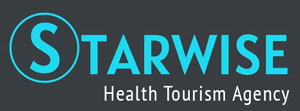
How should I prepare for brow lift surgery?
Prior to having a brow lift surgery, it is important to discuss with your doctor all of your medical history, current medications, and any allergies or other health concerns. You will also need to stop smoking and certain medications, such as aspirin and ibuprofen, at least two weeks before surgery. It is also important to arrange for someone to stay with you for at least the first 24 hours following the surgery. You will need to follow all of your doctor’s pre-operative instructions carefully to ensure a successful procedure. During this time, it is also important to eat a balanced diet and exercise regularly to ensure that your body is in the best shape possible for the procedure. Finally, it is a good idea to avoid direct sunlight and wear a wide-brimmed hat to protect your skin.






